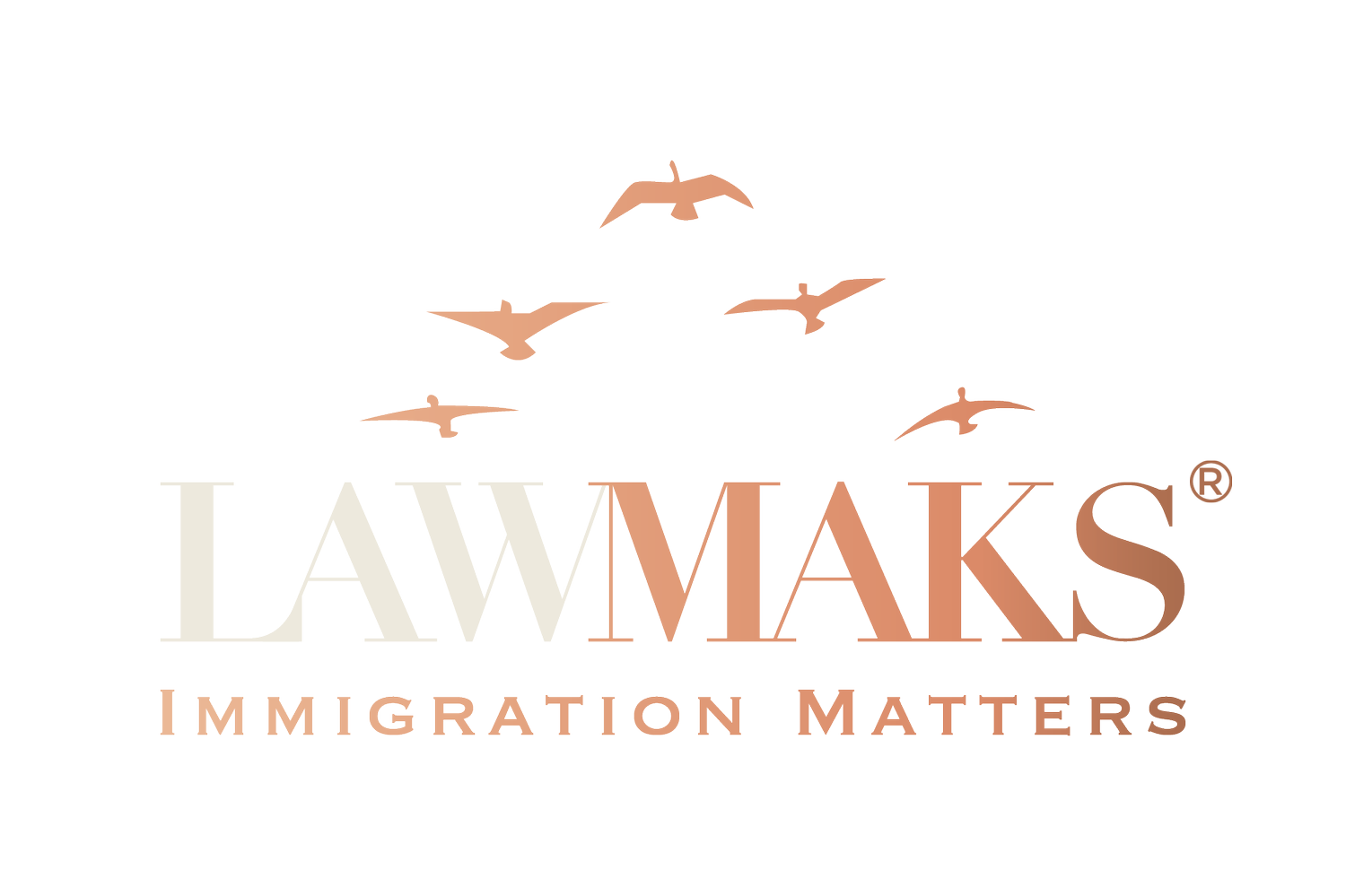Education Options for Children: Navigating Schooling in the US as an Immigrant
When families consider moving to the United States, securing a quality education for their children becomes a primary concern. This blog post explores the various schooling options available for immigrant children in the US. However, it is crucial to acknowledge that education policies and regulations can vary significantly across states and school districts, with specific requirements that must be met.
Public School Enrollment: In the United States, public schools are typically funded through local taxes and provide education free of charge to residents of the school district. Immigrant children generally have the right to attend public schools, regardless of their immigration status. However, certain documentation may be required, such as proof of residency within the school district, proof of age, and immunization records. It is important to contact the local school district or the specific school your children wish to attend to understand the enrollment process and any additional requirements.
Private School Options: In addition to public schools, there are private schools in the US that require tuition fees for enrollment. Private schools often provide a range of benefits, including smaller class sizes, specialized programs, and enhanced resources. Some private schools also cater to specific religious affiliations, such as Jewish, Muslim, Christian, and others, offering an education that aligns with specific religious beliefs and practices. It is advisable to research and contact private schools directly to inquire about their admissions process, any specific documentation needed, tuition fees, and the religious or cultural focus of the institution.
Schooling options for immigrant children in the US can vary depending on the location and specific circumstances. Consulting with an expert can provide valuable insights into the education policies and requirements of the desired location, ensuring that you have accurate information and guidance tailored to your family's needs. It is also important to consider the advantages of private schools, such as potential for higher quality education and the availability of schools affiliated with specific religious or cultural preferences.


